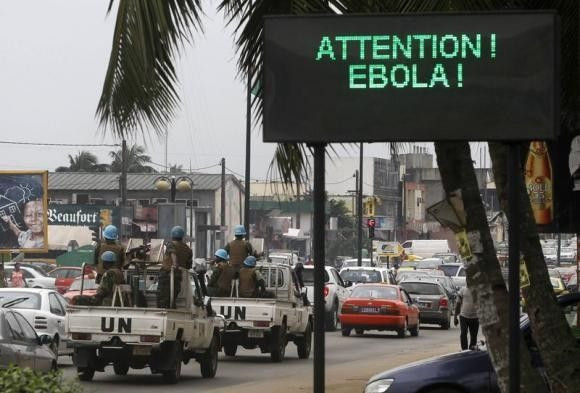One-Year-Old Baby In Melbourne Hospital With Ebola-Like Symptoms

A one-year-old baby was suspected to have Ebola-like symptoms. Last Sept. 21, he was cleared of Ebola in a Melbourne hospital.
Last Sept. 19, the one-year-old baby of Nigerian origin was taken to the Royal Children's hospital when he was found suffering from symptoms similar to those that Ebola patients are suffering from, reported Daily Mail. The child had come to Australia after being in a nation in West Africa where the infection is prevalent.
According to the Herald Sun, the paramedics had put on full protective suits to transfer the baby to an isolation room. This incident was the first test of Ebola Virus Disease Response Plan in Victoria. The plan was made across metropolitan and regional health services after Brisbane was faced with a scare in early Sept.
In Brisbane, last Sept. 11, a man sparked a scare that he was suffering from the Ebola virus, but the Queensland's chief health officer said that it was unlikely, reported the Brisbane Times. The man had arrived in Australia from the Congo through Perth.
Last Sept. 18, David Davis, health minister of Victoria released a statement with the details of the Response Plan. The statement read that the plan outlined the actions that will be taken by the Department of Health, Commonwealth border agencies, Ambulance Victoria, any health service and two hospitals, one of which was the Royal Melbourne Hospital, in the occasion of receiving a suspected case.
It also stated that the Royal Melbourne Hospital was the designated facility for assessment as well as management of patients suspected to have Ebola Virus or any other viral haemorrhagic fever and that the hospital was fully prepared. It continued that the plan involved the patient to be isolated in a single occupancy negative pressure room that was done in the case of the one-year-old. Also, the staff would be trained to use infection control precautions.
According to Dr. Rosemary Lester, border control measures was active that included the people from affected countries to be filling a questionnaire. She said that the people are also provided with a card with details that include symptoms of the virus and that if they suffer from the symptoms for a span of twenty-one days, they were to immediately go to a general physician or an emergency department.





















